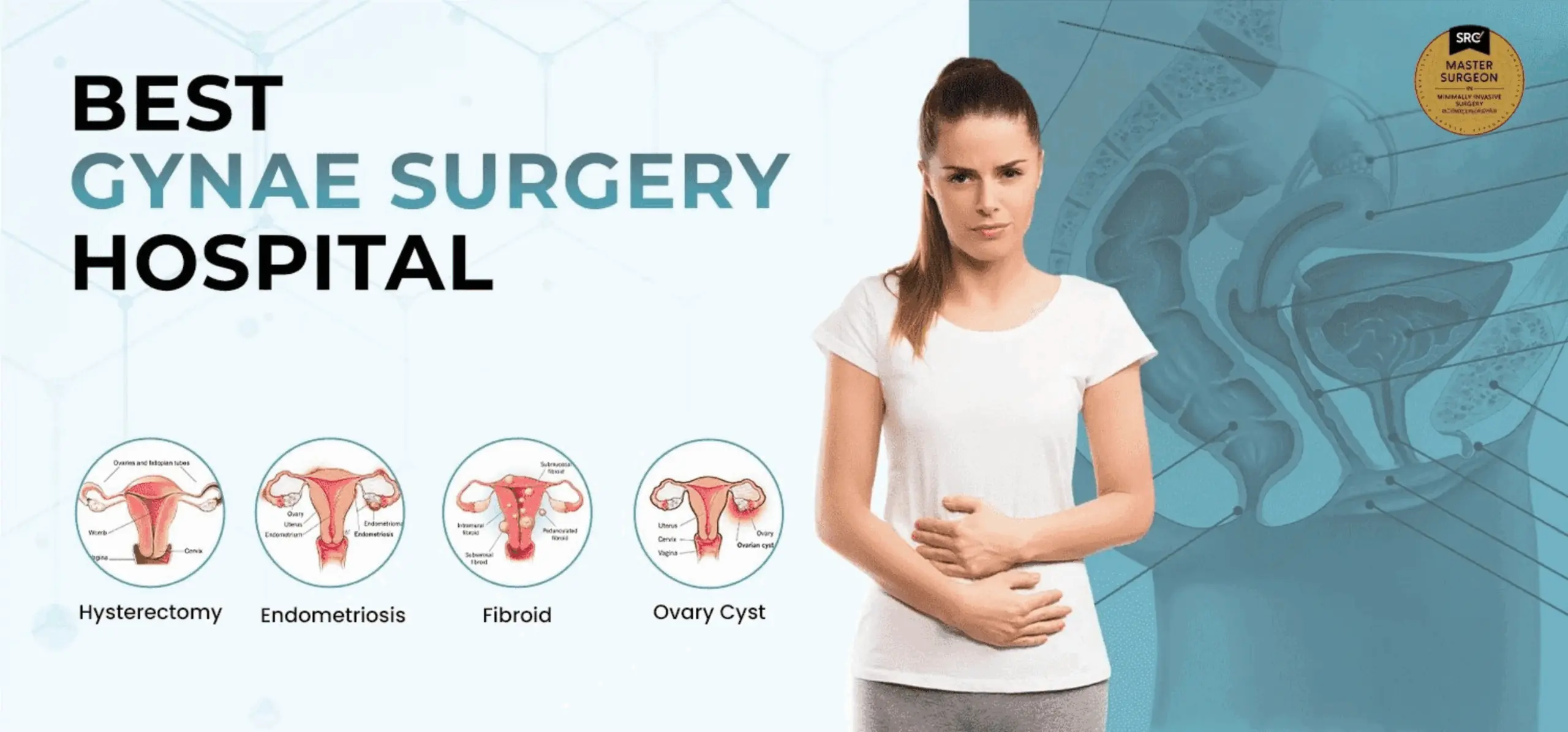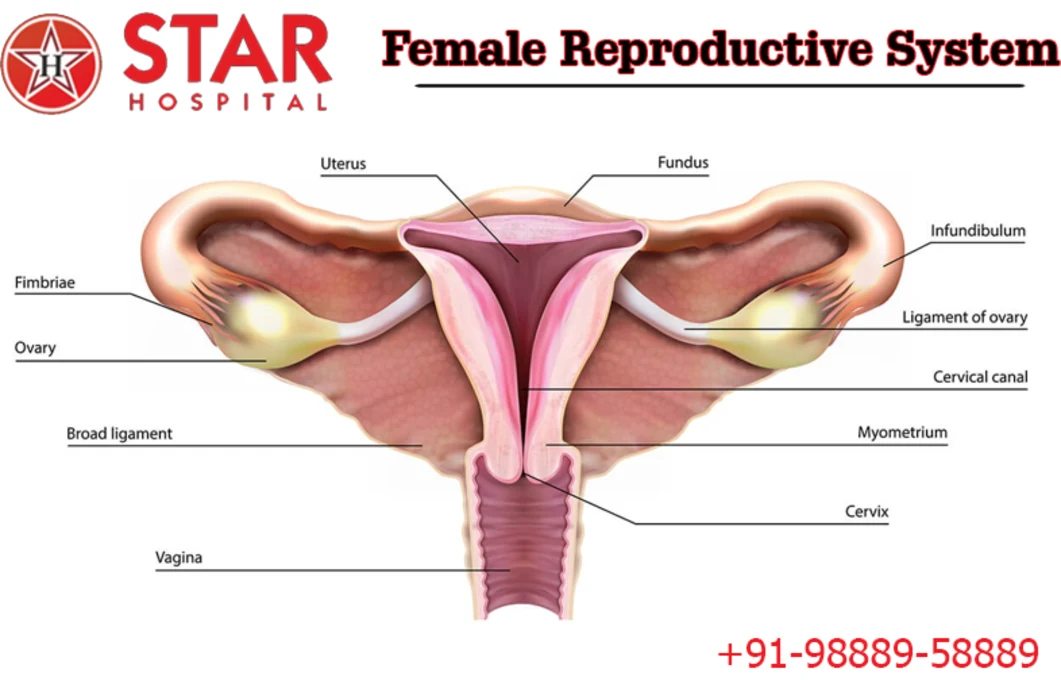All Insurance Covered
( Cashless / Reimbursement )



















Hysterectomy refers to a surgery that is done to remove the uterus. The uterus means the womb where a baby grows during pregnancy.


Spotlessly clean, profoundly caring. Our hospital ensures a pristine environment for your well-being
Our hospital has advanced technology gadgets and the best equipment in every field.
Elevating healthcare with high standards. Your well-being, our priority at the peak of excellence

A hysterectomy is generally very safe, but with any major surgery comes the risk of complications.
Risks associated with an abdominal hysterectomy include:
Incisions (Cuts) Involved
Why it’s done
One must bear in mind that hysterectomy ends the ability to become pregnant. If you think you might want to become pregnant, ask your doctor about alternatives to this surgery.
During hysterectomy surgery, your surgeon might also perform a related procedure that removes both of your ovaries and your fallopian tubes (bilateral salpingo-oophorectomy). You and your doctor should discuss before surgery whether you need this procedure or not. Dr Jasmeet Singh Ahluwalia is the best hysterectomy Surgeon Jalandhar
Advantages of Laparoscopic Surgery
We usually discharge our patients from the hospital between 3 to 5 days after surgery. Most of our patients go back to their daily physical activity after 5 to 7 weeks of surgery.
Although hysterectomy surgery is under the dose of anesthesia. But, patients might feel pain and discomfort after surgery. And it’s completely normal. In that case, we’ll provide you with some sort of painkillers or other medication.
EXCELLENTTrustindex verifies that the original source of the review is Google. Thank you doctor Mandeep Kaur. I had a Positive result after 2 weeks of my IUI I am so happy I was waiting for so long to concive and to see 2 lines on my pregnancy test but every time that was unsuccessful but this was my first try with IUI and that’s go successfully thank you so much. 😊😊Posted onTrustindex verifies that the original source of the review is Google. Great experience with Dr. Mandeep and staff of the hospital.Posted onTrustindex verifies that the original source of the review is Google. My experience is very goodPosted onTrustindex verifies that the original source of the review is Google. Great Staff With good facilitiesPosted onTrustindex verifies that the original source of the review is Google. Thank you so much Dr mandeep from the bottom of hearts for taking such good care. Because of your professionalism and great smiles, we felt like we were in good hands and that gave us peace of mind towards the big day.Posted onTrustindex verifies that the original source of the review is Google. I got my friend’s weight loss surgery done at Star Hospital. We were impressed by Dr Ahluwalia’s clarity of thought on weight loss and Bariatric Surgery. We visited some other hospitals before and were always confused as their versions were very different but here we got answers to all our questions in a very clear way and my friend could gather courage to finally get his Bariatric Surgery done and start living a normal life again. Procedure went smooth as was told and we were out out of hospital very next day. Now we regret delaying this for years!Posted onTrustindex verifies that the original source of the review is Google. Dr Mandeep is a very hardworking and nice doctor.my result came positive and I'm very thankful to mam and all the staff members 🙏🙏